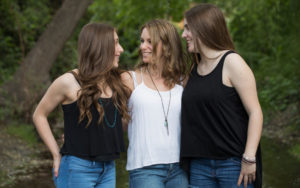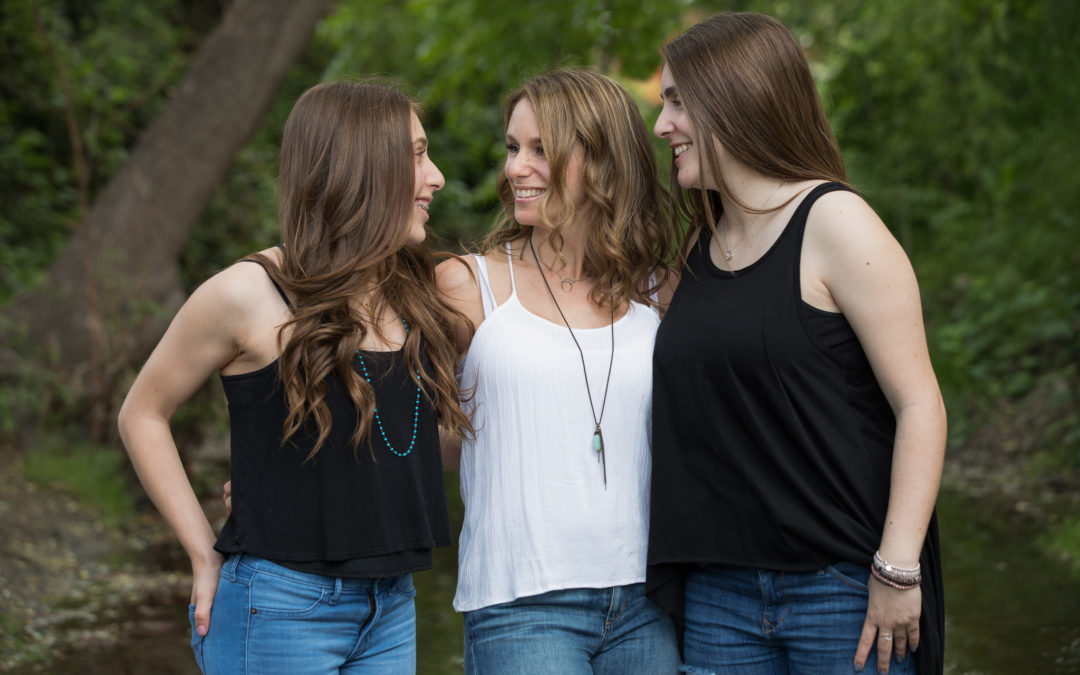 Parenting is always hard, but parenting during Covid has brought some new challenges.
Parenting is always hard, but parenting during Covid has brought some new challenges.
Covid, sheltering-in-place, and kids being out of school has hit us all in different ways.
For some it’s brought great suffering, both physical, mental and emotional. For others, it’s been a great inconvenience, and yet we are doing okay.
Regardless of where you land on that spectrum, it’s likely been a bit of a different experience for your kids.
Kids lack the life experience to know that it’ll all be okay.
They are egocentric; developmentally, their world revolves around them and their friends. And this is normal!
They are inherently more in the present and don’t have the habit of wandering too far into the future to bring them anxiety. And yet being in the present right now can really suck at times.
And when our kids’ emotions are in the dumps, how we respond to them makes all the difference.
It can be easy to just tell them it’s all going to be okay, and to just calm down.
We can be quick to point out all that is good in their life and so they shouldn’t dwell on the bad.
And we can also easily dismiss their feelings because “other people have it worse.”
It’s also easy to jump to the silver lining that will emerge from this craziness.
And while all this – and more – is true, it does very little to create deeper connection and an empathic relationship with your child.
There are effective ways of responding.
The more effective way of responding is to be with, listen with an open heart, and not try to fix or solve what they are feeling. It’s hard to see our kids in pain, and yet, it’s important for them to be allowed to just feel it, without judgment or without dismissing their emotions.
So here are some tips when your children are struggling, whether it’s currently related to Covid, or whether it is just a regular day in the life of kids growing up:
- Don’t just tell them it’s going to be okay. Actually listen to how they feel and validate their emotions as being real.
- Don’t rush to the silver lining. We know that we grow from painful experiences. They will learn this too, on their own time and in their own way. Rushing to what they will gain from their pain will dismiss the pain.
- Allow them to feel all that they feel without judgment. Emotions are not logical; they come from different parts of the brain. We want to model to our kids that all emotions – even the hard ones – are normal and natural, because they are part of what it means to be human.
- Honor the losses and sadness, even if you don’t get it. You don’t have to understand or even agree with them for your honor it. What they feel is real to them.
- Don’t try to fix it. They just need to be seen, heard, and validated. That’s almost enough.
- Stop talking. Parents have a way of continuing to talk long after their kids stop listening (remember the Peanuts cartoons? “Whomp whomp, whomp whomp….”)
- Do more listening. It’s easy to make assumptions about how they feel based on how you would feel or what it was like when you were a kid.
- Be curious. Asking questions role models to them how to have self-inquiry and how to be their own problem solver. Also be curious and ask them what they most need from you right now. You could even ask them, “Do you want me to listen? Do you want me to try to help you solve it? Or would you just like a hug?”
- Stay present. Don’t jump too far ahead of right now. They need you right here, right now.
- Provide comfort. So often, a hug and a shoulder to cry is enough.
Want some extra tools?
Check out my mini audio course on Patient Parenting. It’ll provide some great resources in how to be more mindful and how to create more compassionate, connected and closer relationships with your kids.


